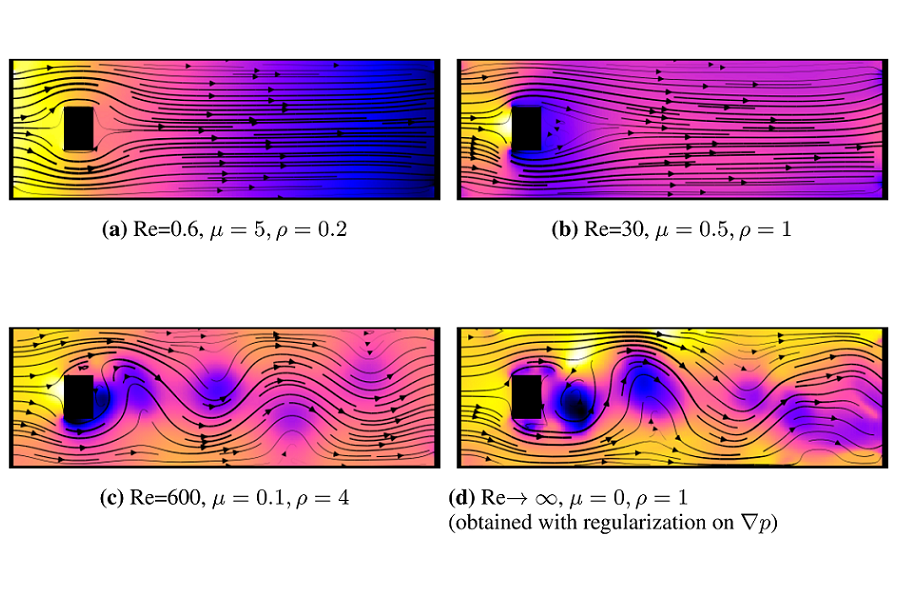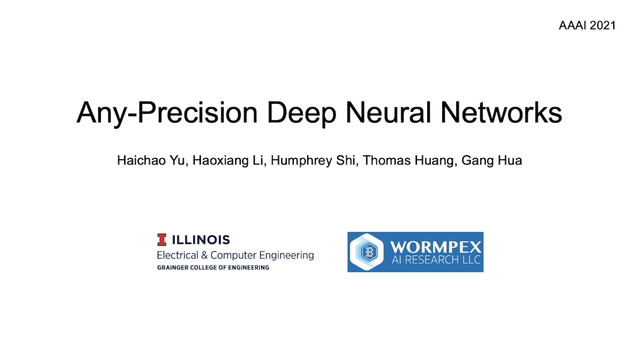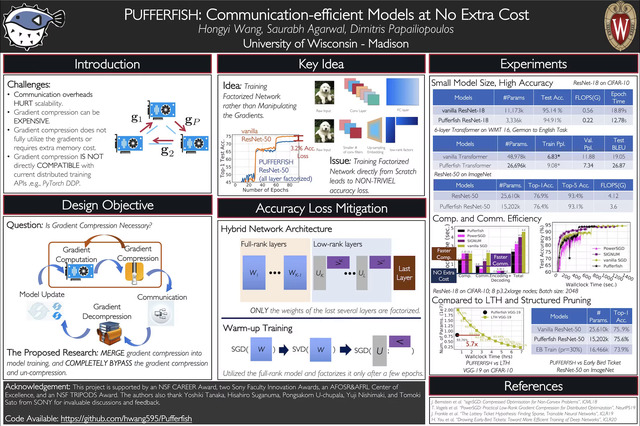Abstract:
The human ability to track musical downbeats is robust to changes in tempo, and it extends to tempi never previously encountered. We propose a deterministic time-warping operation that enables this skill in a convolutional neural network (CNN) by allowing the network to learn rhythmic patterns independently of tempo. Unlike conventional deep learning approaches, which learn rhythmic patterns at the tempi present in the training dataset, the patterns learned in our model are tempo-invariant, leading to better tempo generalisation and more efficient usage of the network capacity.We test the generalisation property on a synthetic dataset created by rendering the Groove MIDI Dataset using FluidSynth, split into a training set containing the original performances and a test set containing tempo-scaled versions rendered with different SoundFonts (test-time augmentation).The proposed model generalises nearly perfectly to unseen tempi (F-measure of 0.89 on both training and test sets), whereas a comparable conventional CNN achieves similar accuracy only for the training set (0.89) and drops to 0.54 on the test set.The generalisation advantage of the proposed model extends to real music, as shown by results on the GTZAN and Ballroom datasets.









































